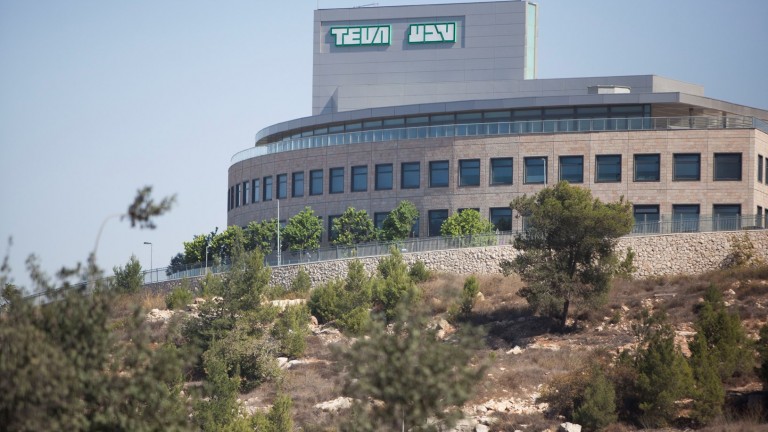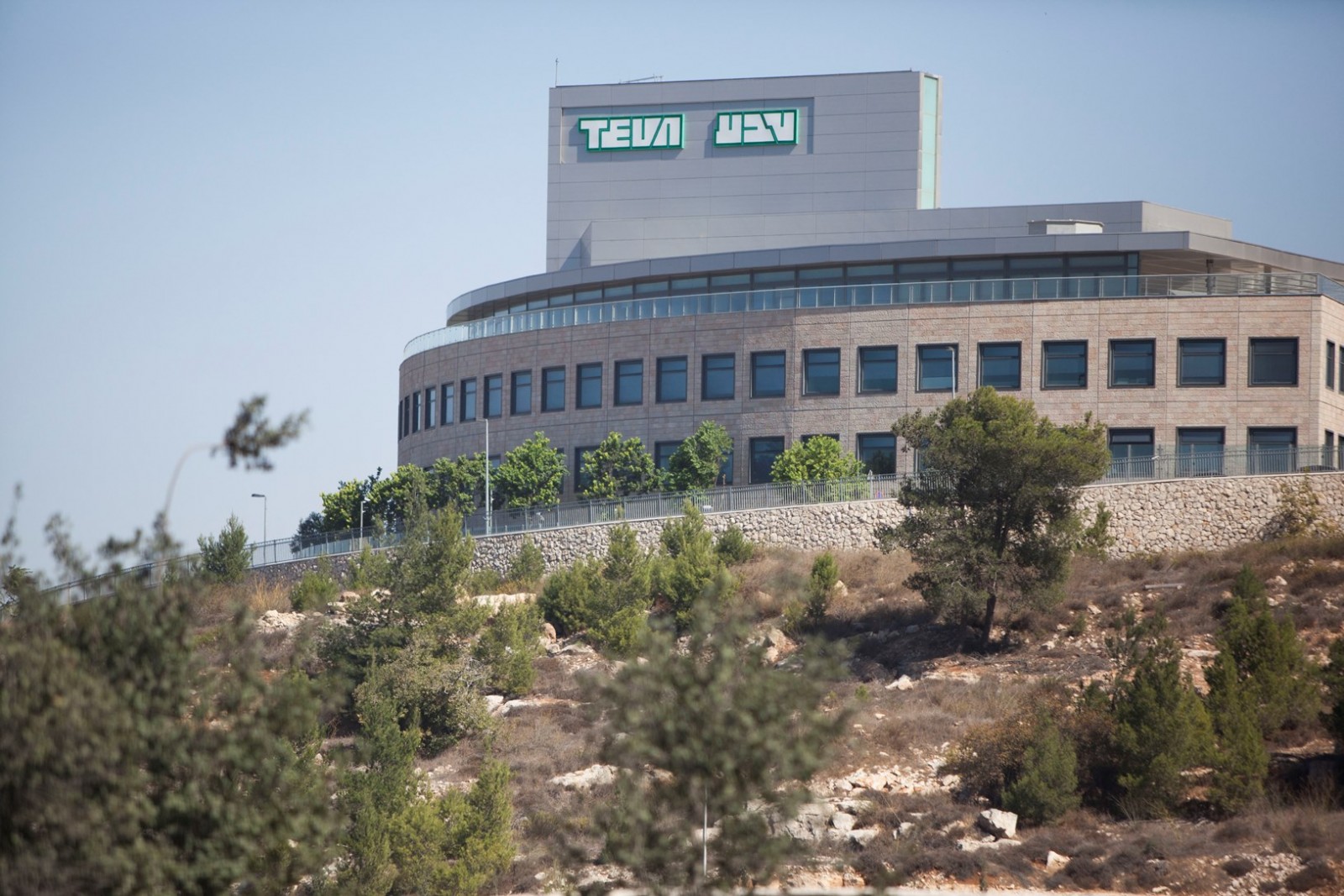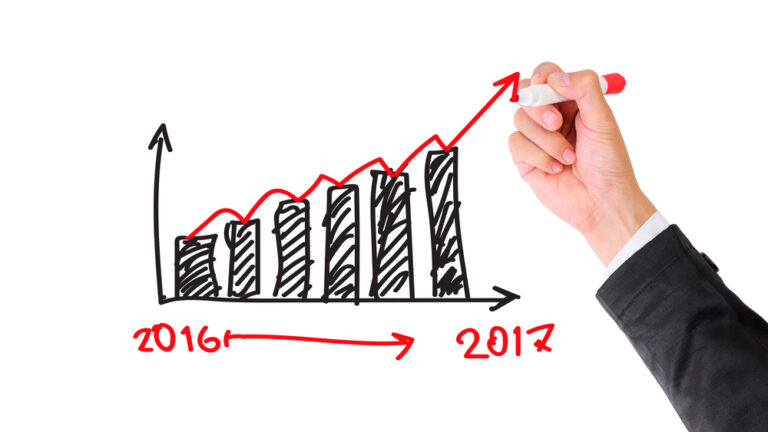
Israel’s Teva Pharmaceutical Industries announced yesterday that it has signed a $40.5 billion acquisition agreement with Allergan Generics, effectively bringing together two global generics leaders with the intent of providing patients with more affordable access to quality medicines.
Reportedly the largest-ever acquisition in Israel’s corporate history, the addition of Allergan — the third-largest generic drug company in the United States — will make Teva one of the world’s biggest pharmaceutical companies.
Founded in Jerusalem in 1901 by three pharmacists as a drug importer, Teva became the world’s largest generic medicines producer, with net revenues of $20.3 billion in 2014. Teva has 45,000 employees in 60 countries, producing some 73 billion tablets and capsules each year at 73 manufacturing sites in Israel and across the world.
About half its profits today come from sales of Copaxone for the treatment of multiple sclerosis. Teva acquired the rights to Copaxone in 1987 from Yeda, the commercial arm of Israel’s Weizmann Institute of Science.
Together, Teva and Allergan Generics will have a commercial presence across 100 markets, including a top-three leadership position in more than 40 markets. The deal will give Teva the most advanced R&D capabilities in the generics industry, while eliminating many inefficiencies and duplications in the generic-drug development space.
Another step forward
“This transaction delivers on Teva’s strategic objectives in both generics and specialty,” said Erez Vigodman, president and CEO of Teva. “It is another step forward on our roadmap to reinforce our already strong position.”
Vigodman said the acquisition of Allergan Generics “will accelerate our ability to build an exceptional portfolio of products – both in generics and specialty as well as the intersection of the two. Our respective portfolios of generic medicines and applications are highly complementary, providing Teva with high-quality growth and earnings visibility, and the scale and resources to expand upon our specialty capabilities.”
The company explained in a press statement that Teva will pay Allergan $33.75 billion in cash and shares of Teva valued at $6.75 billion, representing less than a 10 percent ownership stake in Teva. Following the completion of the acquisition, Teva is expected to have pro-forma sales of approximately $26 billion and approximately $9.5 billion in earnings before interest, taxes and depreciation in 2016, including an estimated $11 billion in sales outside of the United States.
The acquisition was welcome news for Teva shareholders, who have been watching Teva spend an estimated $300 million in an unsuccessful bid to take over UK-based Mylan, another world leader in the generic drugs business. Teva formally announced the bid’s termination immediately after the Allergan announcement, with the caveat that Teva “intends to review its options with respect to its ownership of approximately 4.6% of the outstanding ordinary shares of common stock of Mylan.”
“In light of our strategic acquisition of Allergan Generics, which will transform the industry, our board and management team has decided that withdrawing the proposal to acquire Mylan is in the best interests of Teva stockholders,” said Vigodman. “Since announcing the proposal to acquire Mylan on April 21, 2015, we have appreciated the opportunity to talk with many of our investors about the future of the generics industry, and we are confident our proposed transaction with Allergan best positions Teva to succeed in today’s industry landscape.”
Teva is currently developing drugs to treat diseases of the central nervous system and the respiratory system.
















